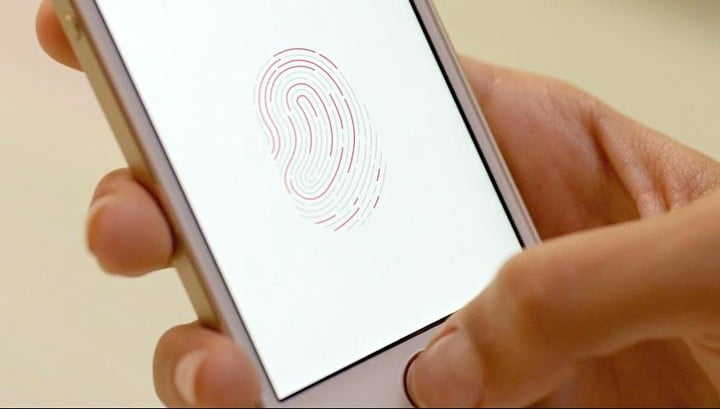
As per court records obtained by the San Antonio Express-News, Texas Ranger Kevin Wright has produced search warrants for photos, messages, documents, and other data that might be stored on Kelley’s iPhone and his iCloud account. Access to this information, authorities say, could help shed light on the worst mass shooting in the state’s history.
On Friday, November 10, U.S. Deputy Attorney General Rod Rosenstein voiced frustration about cell phone encryption. Using the recent Texas church shooter Devin Patrick Kelley as an example, Rosenstein said, “No reasonable person questions our right to access the phone.” The comments were the latest against Apple from the Department of Justice.
At a business breakfast, Rosenstein told the audience that he believed Apple should provide law enforcement agencies backdoor access to break encryption. He went on to say that there’s no “legitimate privacy interest in that [Kelley’s] phone,” and that if Kelley were alive it would be legal for police and prosecutors to search the phone.
Rosenstein’s comments came just days after Apple released a public statement saying that no law enforcement agencies had contacted the company for assistance after the Texas shooting that left 25 dead, plus an unborn child.
During a press conference on Tuesday, November 7, FBI special agent Christopher Combs expressed dismay over the agency’s inability to unlock Kelley’s phone after a shooting in Sutherland Springs.
“It highlights an issue that you’ve all heard about before, with the advance of the technology and the phones and the encryptions [sic], law enforcement, whether that’s at the state, local or federal level, is increasingly not able to get into these phones,” Cooper said, without referring directly to Apple.
On Wednesday, November 8, Apple responded to the FBI’s criticism stating that it actually reached out to assist the FBI shortly after Tuesday’s press conference. In a statement provided to BuzzFeed, Apple said neither local, state, nor federal officials reached out to the company before the press conference. It also offered to expedite any requests from officials.
https://twitter.com/JohnPaczkowski/status/928400883016019968
The timing of both the FBI’s statement, as well as Apple’s response, is crucial to the investigation. Had the FBI had contacted the iPhone maker within the first 48 hours of the shooting, they could have possibly used the phone’s Touch ID technology to unlock the phone. After 48 hours, however, Touch ID can no longer be used to unlock the phone.
After reaching out to the FBI on Tuesday to see if it needed help unlocking Kelley’s phone, an official with the agency responded, stating the FBI was not asking for any assistance. According to a story in The Washington Post, investigators decided instead to send the phone to its Quantico, Virginia, headquarters to attempt to find a different way to access data, a decision that could take weeks.
While 80 percent of iPhone users rely on the Touch ID feature to unlock their phones, it’s unknown if Kelley used the feature. Even without Touch ID, other options exist for accessing the shooter’s data. Apple provides encrypted iCloud storage data and decryption keys to law enforcement officials with a court order.
The Texas shooting is just the latest in a series of battles between Apple and law enforcement agencies. In 2016, the FBI took Apple to court in an attempt to force the company to unlock San Bernardino, California shooter Syed Farook’s iPhone. After a protracted legal battle, the FBI eventually dropped the case after it was able to unlock the phone with third-party software.
Update: Apple has been served a search warrant with regard to the mass shooter’s iPhone.


